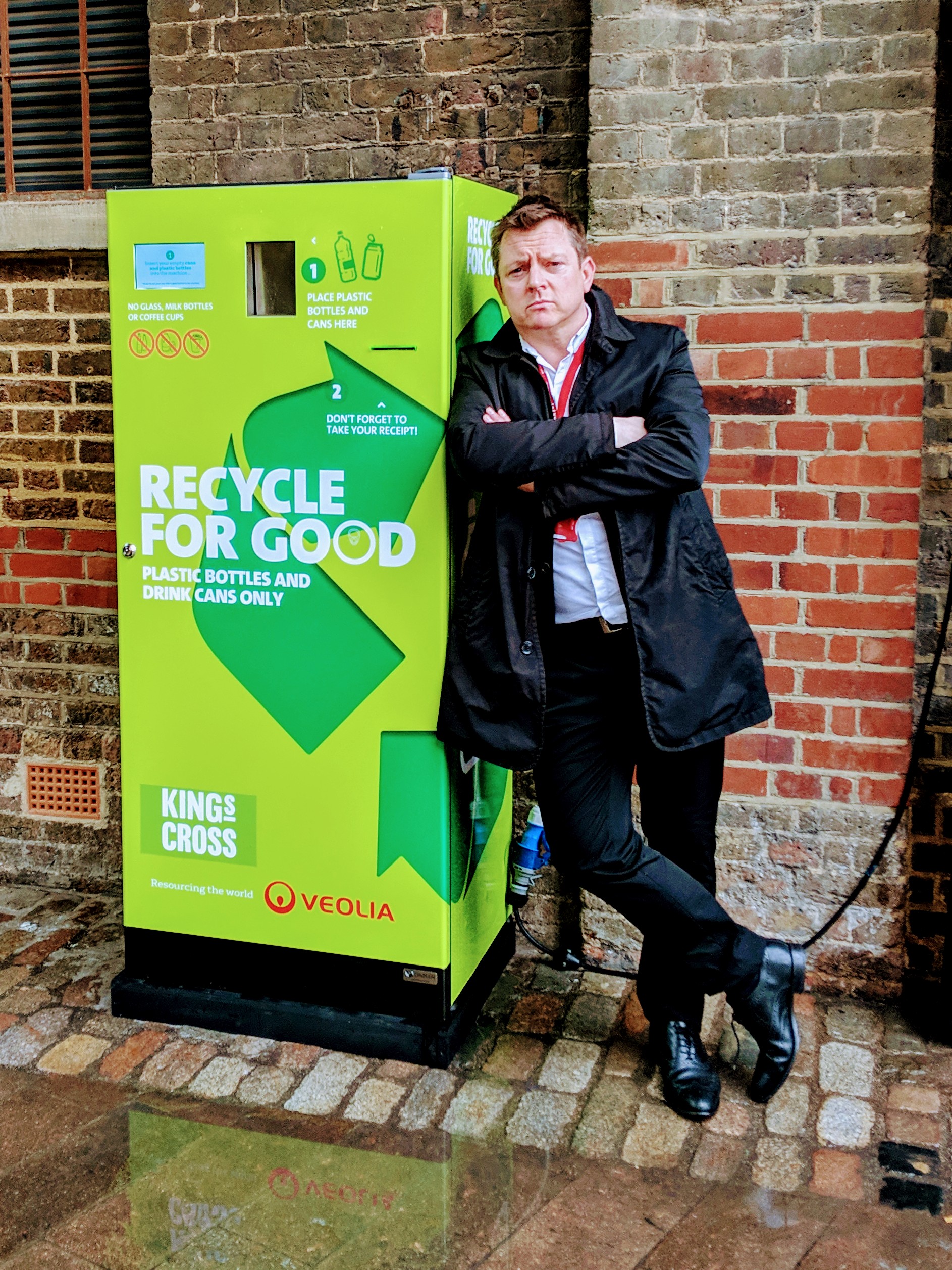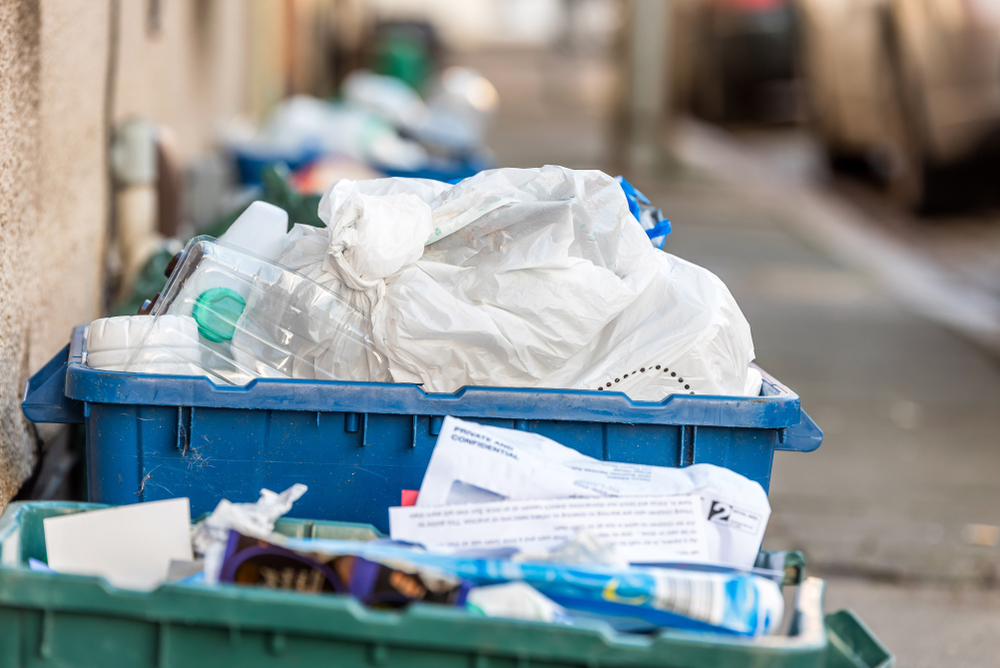Veolia’s chief innovation and technology officer for the UK has responded to concerns that a Deposit Return Scheme (DRS) for drinks containers would be too costly to implement.
The comments from Veolia’s Richard Kirkman came in response to a report by the Institute of Economic Affairs (IEA) think tank, which suggested that the costs of a DRS outweigh the benefits (see letsrecycle.com story).
Government is consulting on a DRS as part of its Resources and Waste Strategy to increase recycling of drinks containers. This would see consumers pay a deposit when buying a soft drink, which is recouped if the packaging is returned for recycling via a retailer.
Commenting on the policy proposal, Mr Kirkman said: “I think it is indisputable that DRS increases bottles collected. We have an approximate 60% recovery rate for bottles in the UK, which isn’t bad, but we really need to go to 95% or higher, and the only realistic way that is going to happen is some form of DRS.”
Veolia is currently running its own DRS pilot alongside the restraunt chain Leon using a reverse vending machine for bottles and cans at King’s Cross in London (see letsrecycle.com story).
On its impact elsewhere in the world, he said: “The system has been proven in hundreds of places, the obvious examples in Norway and Germany. We have operations there and we have been out to talk to our team about the impacts, which have been big for us.”
The government released its consultation on a DRS for England in February, outlining two options for a proposed system. This could either target on-the-go material or all beverage containers (including multi-packs and large bottles). Mr Kirkman indicated that Veolia would back a system which focuses on ‘on-the-go materials’.
Economics
Despite wide support for a DRS in prinicple, in its report this month the IEA think tank called for the plans to be abandoned unless “a more robust economic case” can be made.
In response to these concerns, Mr Kirkman said: “There are always costs to doing things differently. I think if you look around the world where this has happened, people are ready to pay to make sure that bottles go around the system.
“But, I think we’ve all agreed that plastics can’t escape the system. They can’t not be recycled or end up in the ocean, so we have to pay a little bit more to get them around in a loop. I think we do need to minimise the cost of that, but I don’t think there’s any real evidence that it’s too expensive. Against what yardstick? On what basis is this too expensive?
“If someone has another alternative, then great, but this is something that is proven to work. It is difficult to take on that it is ‘simply too expensive’ when everyone else has done it.”
Councils
Some local authorities have also expressed concern about the potential loss of revenue if certain materials are moved from the kerbside collection system and into a DRS.
While a system only aimed at on-the-go material could mitigate this impact, Mr Kirkman said, he added that other aspects of the government’s strategy, including plans for extended producer responsibility, will play an important role in ensuring councils aren’t impacted financially.
“This is certainly a valid concern and it needs to be taken into account in the scheme design,” he commented.
“However, I think the other consultation around extended producer responsibility removes all costs of collection from local authorities and transfers it to the business sector. So actually, if you are looking at that, then they’re not paying anyway. So that concern does fall away. That said, it’s a valid concern [that] should be taken into account.”
The post Veolia’s Kirkman backs ‘proven’ DRS appeared first on letsrecycle.com.
Source: letsrecycle.com Plastic




